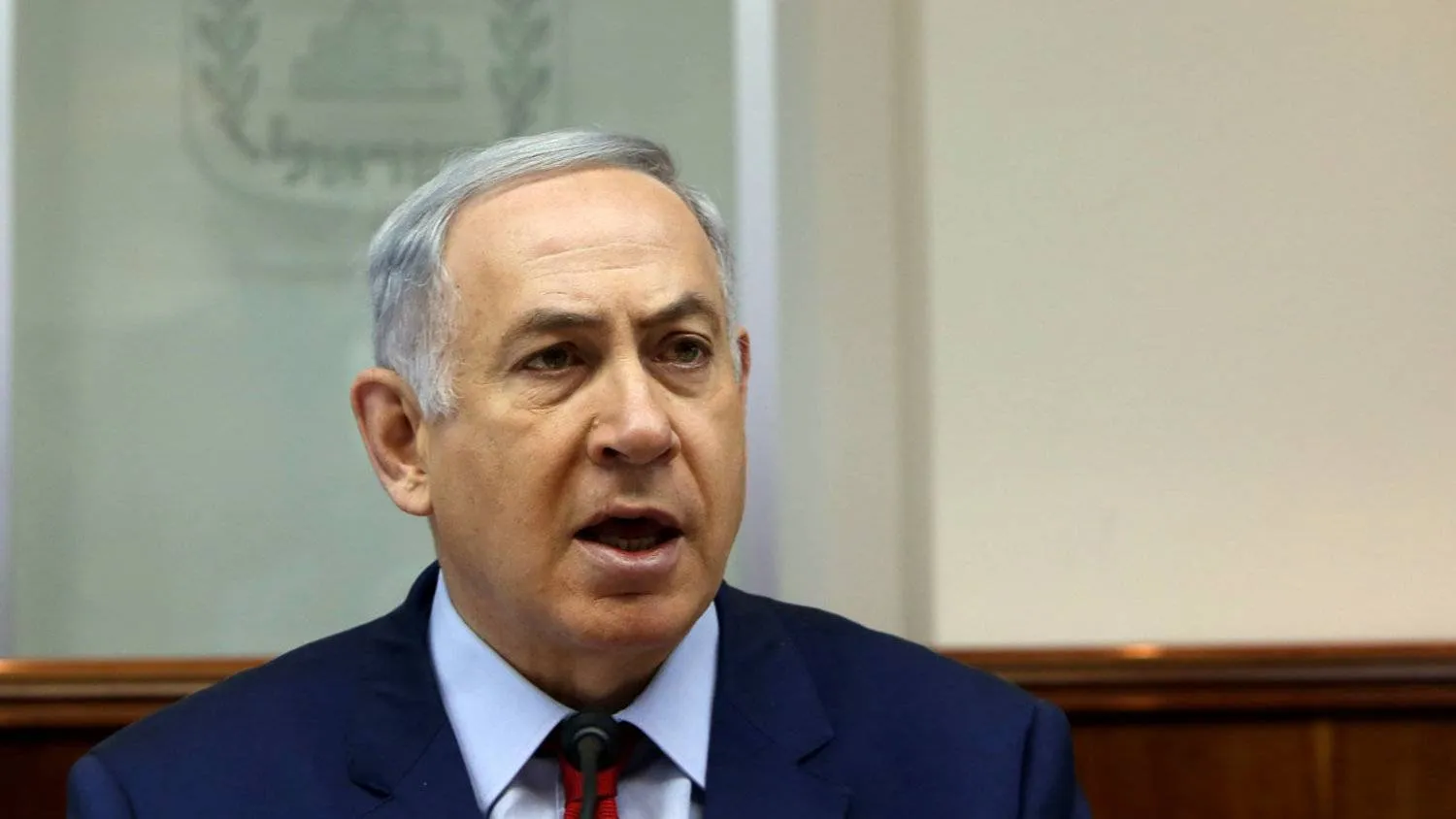Israeli Prime Minister Benjamin Netanyahu said on Monday Israel faced "complicated days" as it stepped up strikes against Hezbollah in southern Lebanon and he called on Israelis to stay united as the campaign unfolded.
"I promised that we would change the security balance, the balance of power in the north - that is exactly what we are doing," he said in a message issued following a situational assessment at military headquarters in Tel Aviv.
Israeli strikes on Monday killed more than 180 Lebanese in the deadliest barrage since the 2006 Israel-Hezbollah war as the Israeli military warned residents in southern and eastern Lebanon to evacuate their homes ahead of a widening air campaign against Hezbollah.
Thousands of Lebanese fled the south, and the main highway out of the southern port city of Sidon was jammed with cars heading toward Beirut in the biggest exodus since the 2006 fighting. More than 700 other people were wounded in the strikes — a staggering one-day toll for a country still reeling from a deadly attack on communication devices last week.
The government ordered schools and universities to close Tuesday across most of the country and began preparing shelters for people displaced from the south.
The military said it was expanding the airstrikes to include areas of the valley along Lebanon’s eastern border with Syria. Hezbollah has long had an established presence in the valley, and it is where the group was founded in 1982 with the help of Iran’s Revolutionary Guards.
Israeli military spokesman Rear Adm. Daniel Hagari repeated warnings urging residents to immediately evacuate areas where Hezbollah is storing weapons, including in the valley.
The evacuation warnings were the first of their kind in nearly a year of steadily escalating conflict and came after a particularly heavy exchange of fire on Sunday. Hezbollah launched around 150 rockets, missiles and drones into northern Israel in retaliation for strikes that killed a top commander and dozens of fighters.
There was no sign of an immediate exodus from the villages of southern Lebanon, and the warning left open the possibility that some residents could live in or near targeted structures without knowing that they are risk.
Lebanese media reported that residents received text messages urging them to move away from any building where Hezbollah stores arms until further notice.
“If you are in a building housing weapons for Hezbollah, move away from the village until further notice,” the Arabic message reads, according to Lebanese media.
Lebanon's information minister, Ziad Makary, said in a statement that his office in Beirut had received a recorded message telling people to leave the building.
“This comes in the framework of the psychological war implemented by the enemy,” Makary said, and urged people “not to give the matter more attention than it deserves.”
It was not immediately clear how many people would be affected by the Israeli orders. Communities on both sides of the border have largely emptied out because of the near-daily exchanges of fire.









